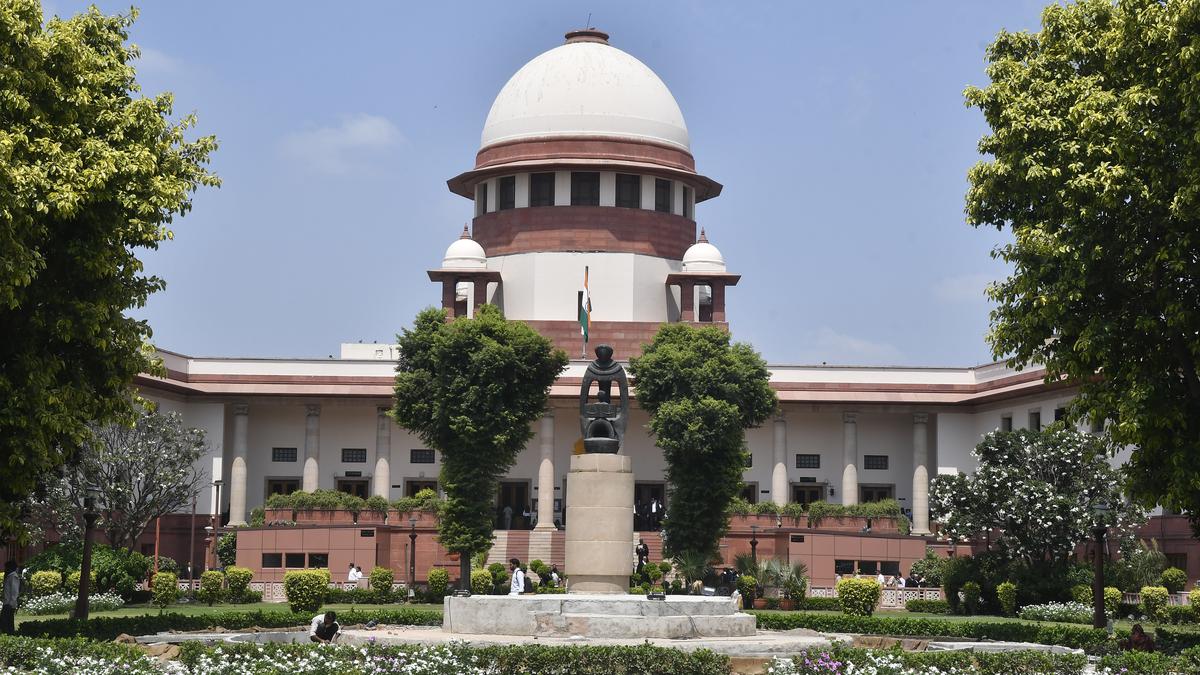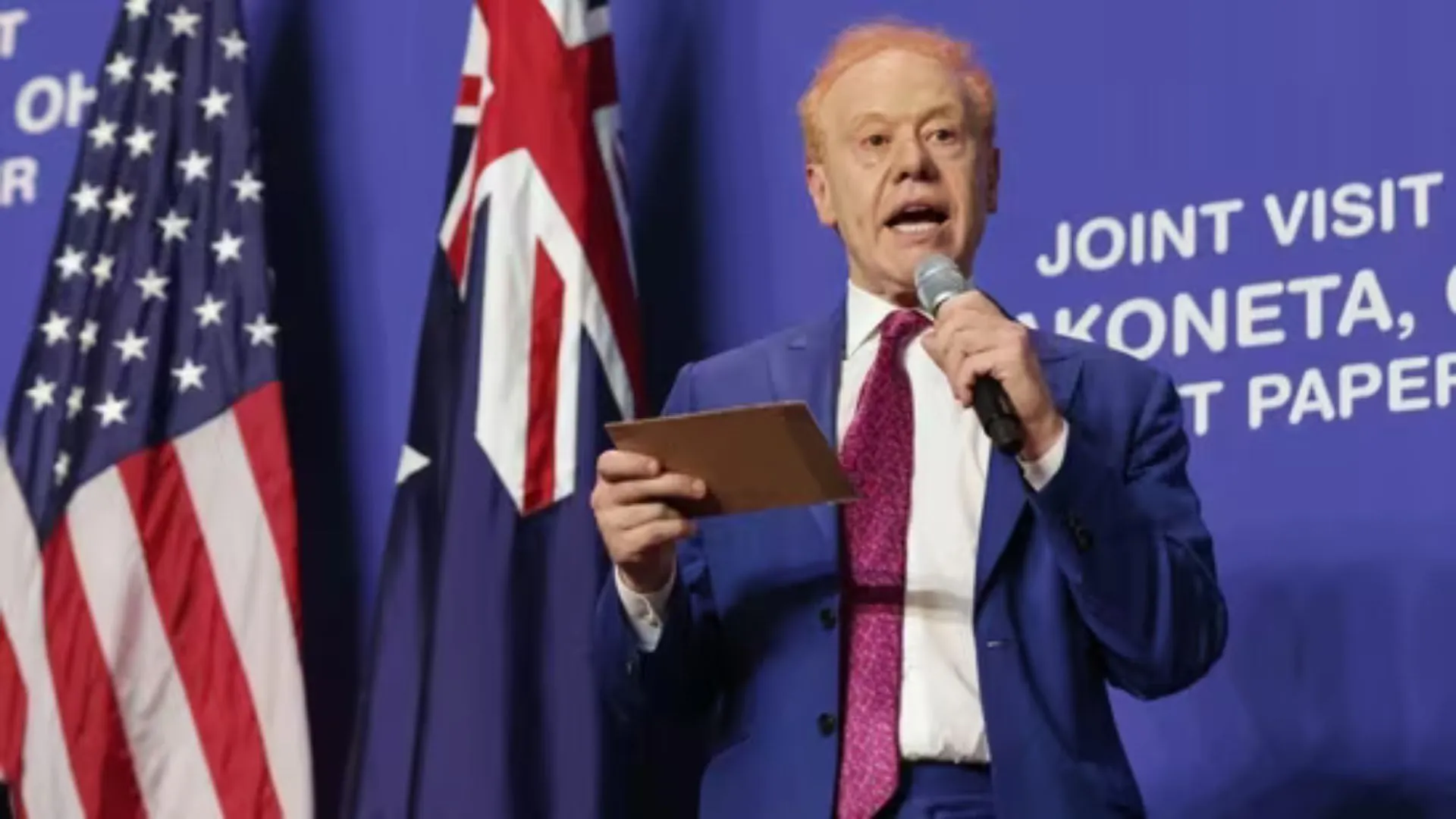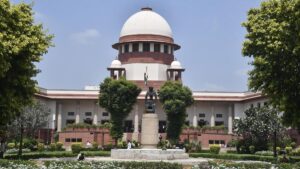The Supreme Court declined the petitions requesting 100 percent cross-verification of votes cast using Electronic Voting Machines (EVM) and Voter Verifiable Paper Audit Trail (VVPAT) during elections. It also dismissed the plea to revert to paper ballot from EVMs.
Justices Sanjiv Khanna and Dipankar Datta, delivering the order, stated that they thoroughly discussed the protocols and technical aspects before rejecting all the pleas. They affirmed, “We have rejected the prayer for paper ballot voting, complete EVM-VVPAT verification, and physical deposit of VVPAT slips.”
Supreme Court rejects all the petitions seeking 100 per cent verification of Electronic Voting Machines (EVMs) votes with their Voter Verifiable Paper Audit Trail (VVPAT) slips. pic.twitter.com/z3KEvhUaAP
Related News— ANI (@ANI) April 26, 2024
Regarding the EVM-VVPAT verification case, the court emphasized the importance of a balanced perspective, cautioning against blind distrust in the system, which could lead to skepticism. It highlighted the significance of nurturing trust and collaboration across all pillars of democracy.
While rejecting certain pleas, the court issued two directions to be followed by the Election Commission of India (ECI). Firstly, it mandated the sealing and securing of Symbol Loading Units (SLU) in containers after completing the symbol loading process in VVPATs initiated on or after May 1, 2024. These containers would be stored in strong rooms along with EVMs for at least 45 days post-results. Secondly, it directed the verification of burnt memory semicontrollers in 5 percent of EVMs, including the ballot unit, control unit, and VVPAT, per assembly segment of the parliamentary constituency by a team of engineers from the EVM manufacturers.
The Supreme Court’s verdict coincided with the ongoing second phase of the seven-phase Lok Sabha polls 2024, which began on April 19 and will conclude on June 4 with the announcement of results. The court’s decision followed extensive hearings where it interacted with an official from the ECI to comprehend the functioning and security features of EVMs and VVPATs. The ECI reaffirmed that EVMs cannot be tampered with and that complete counting of VVPAT slips was not practically feasible.
The SC verdict addressed three petitions seeking directions to tally VVPAT slips with votes cast through EVMs during polls. One petitioner sought a tally of each EVM vote against VVPAT slips, while another plea, filed by NGO ‘Association for Democratic Reforms (ADR),’ aimed to revert the poll panel’s 2017 decision to replace the transparent glass on VVPAT machines with an opaque one. The petitioners also advocated for a return to the old system of ballot papers.
Currently, the ECI verifies VVPAT slips of EVMs from five polling booths per assembly segment in a Parliamentary constituency, following a direction by the Supreme Court in 2019 to increase the verification from one polling booth to five per assembly segment.














